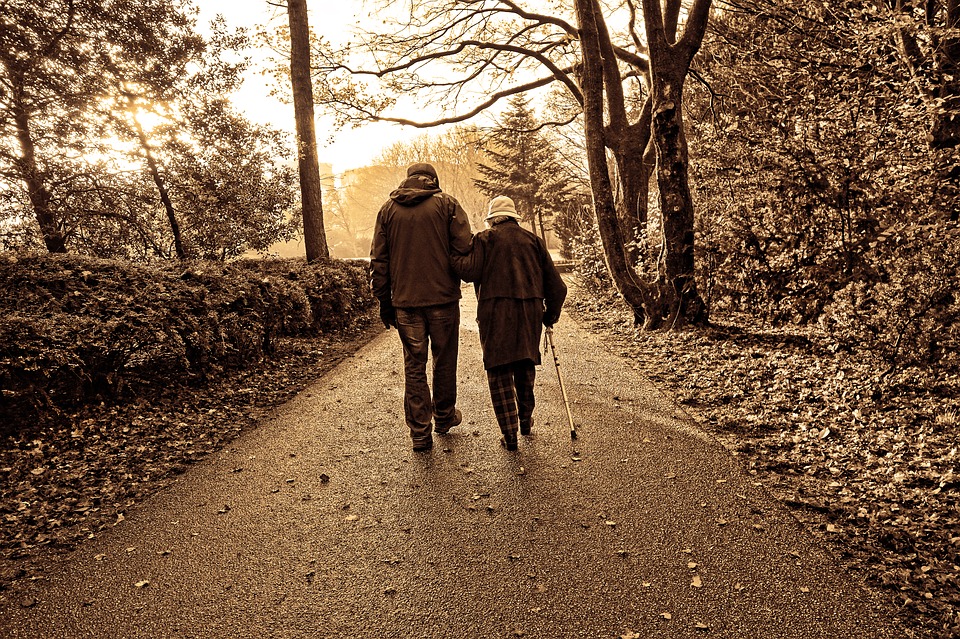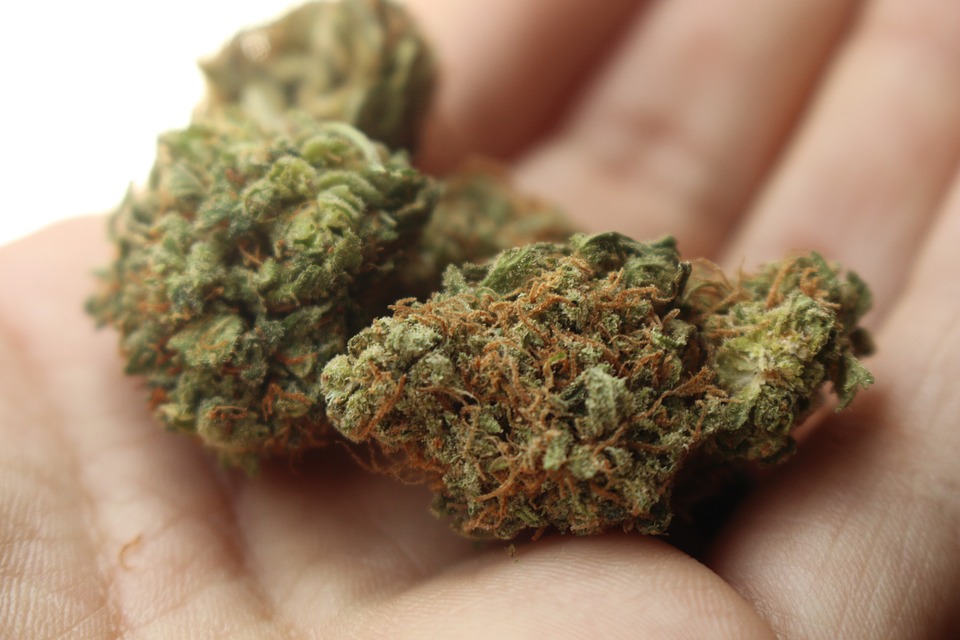Researchers have known for quite some time that medical marijuana can be greatly beneficial in treating the symptoms of a number of conditions (including anxiety, cancer, glaucoma, migraines, etc.). This fact was validated even further by a recent study that showed that a stunning 93% of elderly patients who used MMJ products saw improvements with their health.
The study, published in The European Journal of Internal Medicine, showed that patients over the age of 65 who used medical cannabis showed reduced pain levels – without experiencing any adverse side-effects. The researchers at Ben-Gurion University of the Negev (BGU) and the Cannabis Clinical Research Institute at Soroka University Medical Center documented what happened when elderly patients used MMJ to treat symptoms from illnesses like cancer, Parkinson’s, post-traumatic stress disorder (PTSD), Crohn’s, ulcerative colitis, multiple sclerosis, and other conditions. The patients who participated in the study consumed the medical marijuana in different ways. About 33 percent used cannabis-infused oils, 24 percent used smoking products, and six percent used vaporization methods. Every patient received a prescription for their medical marijuana items.
The results of the Israeli study (conducted with 2,732 patients) demonstrated that after six months using medical marijuana products, the patients reported less pain and an improvement in the quality of their day-to-day lives. A majority of the patients noted that their pain levels (on a ten-point scale) went from an average of eight to four. More than 70 percent of the patients said they saw a moderate to significant improvement with this treatment. Very few prescription medications can boast these types of findings.

There are many ways that elderly people can benefit from using medical marijuana.
This study came at the perfect time for researchers. Professor Victor Novack MD from the BGU Faculty of Health Sciences (FOHS) said, “While older patients represent a large and growing population of medical cannabis users, few studies have addressed how it affects this particular group, which also suffers from dementia, frequent falls, mobility problems, and hearing and visual impairments.” This means that these findings are even more relevant to researchers looking at the benefits of MMJ on the elderly population.
One of the most significant aspects of the study showed that after six months, more than 18 percent of the MMJ users had reduced or completely stopped using opioid analgesics (also known as narcotics or painkillers). Patients who relied more on medical marijuana than these medications also reported feeling few to no side effects. The most common MMJ side effects were reported to be mild symptoms of dizziness or dry mouth. This indicates that elderly patients could begin to rely more on MMJ products for the treatment of their symptoms, which could greatly decrease their usage and dependence on prescription narcotics.
With the elderly population making up a significant segment of the MMJ community (around 14 percent in the US), this research could help convince more individuals over the age of 65 to consider using medical cannabis to help more effectively treat their symptoms. Because this population is also more likely to be on a fixed budget, they could benefit from buying MMJ products because there’s no sales tax in certain states, and they would have the freedom to grow their own plants if they didn’t want to buy them from a medical dispensary. Those on a tight income could also see significant savings if they’re able to trade in their prescription drugs for medical cannabis. For example, most seniors spend on average about $3,000 every year on medications. Those who purchase MMJ products usually only spend about $650 annually – which could be a huge help to those who are struggling financially.

More and more elderly people are realizing the benefits of using MMJ products in conjunction with, or even instead of, traditional prescription medications.
Senior citizens who have some fears about using medical marijuana should remember that it’s actually safer to use than most prescription medications. There are additional positive effects that marijuana can provide, including relief from liver inflammation, lupus, irritable bowel syndrome, etc. Additionally, people don’t have to worry about getting addicted to marijuana. Medical marijuana can also be ideal for treating some illnesses that hit the elderly population the hardest, including arthritis, Alzheimer’s, joint pain, and depression.
If seniors are worried about “getting high,” there are also some products called CBD (or cannabidiol) that contain some of the helpful aspects of marijuana without the psychoactive effect. CBD products (while not as potent as medical marijuana products) can still help ease pain and inflammation, reduce anxiety, and increase mental focus. People who are suffering from a decreased appetite can also benefit from MMJ products, because they have been found to reduce nausea and stimulate appetite. Additionally, seniors suffering from insomnia can also use medical cannabis products to improve their sleep habits.
With further research in the future, it’s likely that more and more studies will demonstrate the true advantages of using medical marijuana to decrease symptoms of illnesses and diseases among the elderly population.
